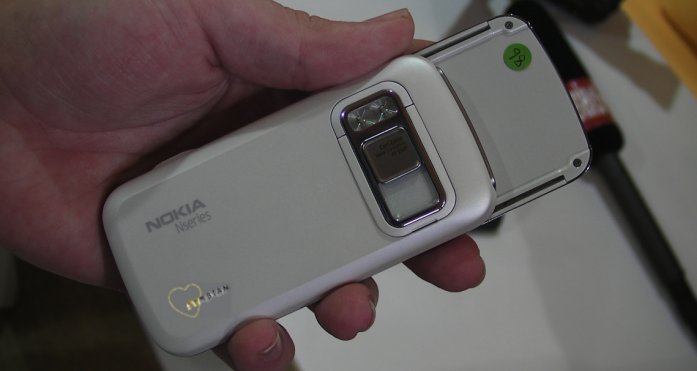People buying laptop computers generally chase a brand (witness my last four laptops being made by HP – and that's a concious decision on my part). The fact that they run Windows is important, much of my favourite audio editing software is Windows Only. Much of the time deciding to buy my current laptop was spent investigating what would and would not run on Vista (compared to XP).
The case of the netbooks is also important. Here people do have a clear choice of Operating System alongside a choice of manufacturer, and while early netbooks sold on the strength of a Linux-based OS, as they left the realm of the power users and started to hit the mainstream, the return rates for the Linux-based machines soared to six times the return rate of the hardware which was running Windows XP.
Consumers might not know the ins and outs of the OS wars, but they know what they want in the laptop market. They want the familiar, the compatible, and something that does not scare them.
And here is where it gets interesting for the smartphone market. The handsets all have dominant names on them, the likes of Nokia and Samsung, Motorola and RIM are all known to the buying public – much like laptop and desktop manufacturers. While it's technically possible to switch an OS on a piece of hardware, it's attempted by very few. And while manufacturers (notably Dell) offer alternative OS's, there is still a propensity to assume Windows will be in a machine.
How did Microsoft get Windows into such a strong position? With stickers on every computer, over all the boxes, large scale marketing campaigns, trade shows and public outreach. It didn't happen overnight, and it happened in a relative vacuum of alternative choices for the public. But they still managed it, and continue to reap those business decisions from the 80s.

But the Symbian Foundation will not have it as easy as Microsoft. There are fundamental differences in the market and in their situations. Firstly, there is serious competition out there, both in the form of Windows Mobile (still strong in enterprise) and Google's Android OS, alongside the two single manufacturer environments of Blackberry and iPhone. These aren't averse to spending promotional money, and the Symbian Foundation needs to be in the same league.
The Foundation also has the thorny issue of how to promote itself without alienating its partners. Microsoft could take the dominant role in many relationships in the 80s but that's not an option available to the Foundation. Looking at Nokia, they already push the company name, the sub-series of 'Nseries or Eseries', plus their Ovi and N-Gage services. Where would the Symbian Foundation fit in that mix? Being evil, but would Nokia actually want to promote the Foundation or just continue to push that Nokias are compatible with... other Nokias?

Steve's suggestion of a subtle logo on the rear of every handset (made during our regular Insight podcasts) is probably the smartest, easiest and cheapest way to get the ball rolling. Easiest, of course, is a subjective term given the number of partners and internal committees that would need to agree to this.
In the past there has been a perception from some that Symbian was subservient to its partners. The Foundation is a warm-reboot of the Symbian OS, and that perception needs to be addressed. The Symbian Foundation needs to pull out the big guns if it does want, in the words of David Wood, to be in the situation where "...consumers will be asking phone retailers for assurance that their intended new purchase is running the Symbian platform." It needs to take bold decisions and to have the confidence to go toe-to-toe with their partners and insist on visibility of a common logo, consistent branding, and the right to step out of the shadow of its own making, to be seen by the public.
-- Ewan Spence, April 2009
